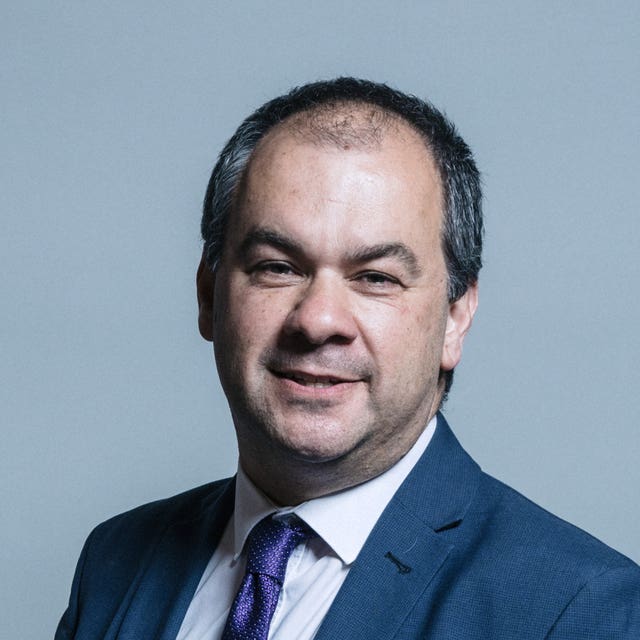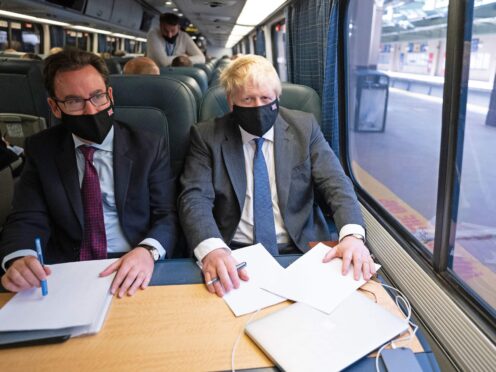Boris Johnson has showed no signs of rowing back from plans to cut the £20 Universal Credit uplift, suggesting it could only be kept if paid for by tax hikes.
In comments made during his US trip, the Prime Minister said he had “every sympathy” for those toughing it out on benefits, but that the £5-6 billion required to make the additional weekly payments permanent would have to “come out of some people’s pockets”.
The Government is preparing to cut Universal Credit (UC) by £20 per week as ministers wind up the uplift introduced at the start of the coronavirus pandemic.
When speaking to reporters on the train from Washington DC to New York, Mr Johnson was quizzed on whether he thought the reduction to the incomes of millions of people could become a “political problem”.
According to the latest confirmed Government statistics, as of July 8 there were 5.9 million people on UC, with Citizens Advice suggesting more than a third of those are currently in work.
Mr Johnson told reporters on Wednesday: “I have every sympathy for people who are finding it tough, I really, really do – but we have to recognise that in order to maintain the Covid uplift you’ve got to find another £5-6 billion in tax.
“That has got to come out of some people’s pockets.”
Business minister Paul Scully told broadcasters on Thursday that making the additional weekly payments permanent would be the equivalent of putting a penny on income tax or 3p on fuel duty.
The Treasury provided the additional £20 per week to benefit recipients during the pandemic but Chancellor Rishi Sunak has so far been adamant it must end by October.
The uplift was meant to last a year but was extended by six months in the March Budget.
The Prime Minister was also asked during his Stateside travels whether he could live on £118 per week – the amount a worker must be earning below to qualify for state support if they get ill with Covid-19 and are not entitled to statutory sick pay.

The Conservative Party leader replied by saying that wages are on the rise, but lamented how earnings have been suppressed for more than a decade.
“I would just point out that the best solution is to continue to invest in people’s skills, to make sure that they are getting the type of jobs that reward their hard work – and you’re starting to see that, you’re starting to see wages go up. And that’s what we want to see,” Mr Johnson added.
“Wages are now rising faster than they have been for a long time, and the philosophy of this Government is to try to deliver a high-wage, high-skill economy in which we invest in people, we invest in capital, we encourage businesses to put their profits back into people, back into the capital of the business, in order to drive productivity gain.
“And if you look at the UK since 2008, you look at our companies, they’ve been paying very low wages and they’ve been not investing, and productivity has fallen.”
Pressed on whether his reply signalled that he could not afford to live off a weekly income of £118, he replied: “It means that we want to support families in the best possible way.”
